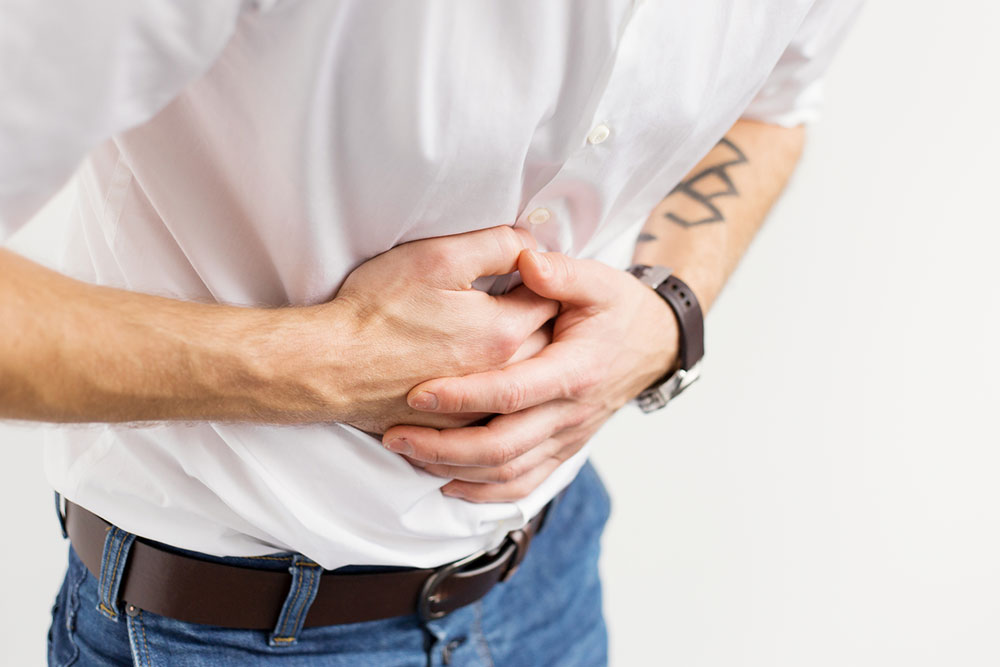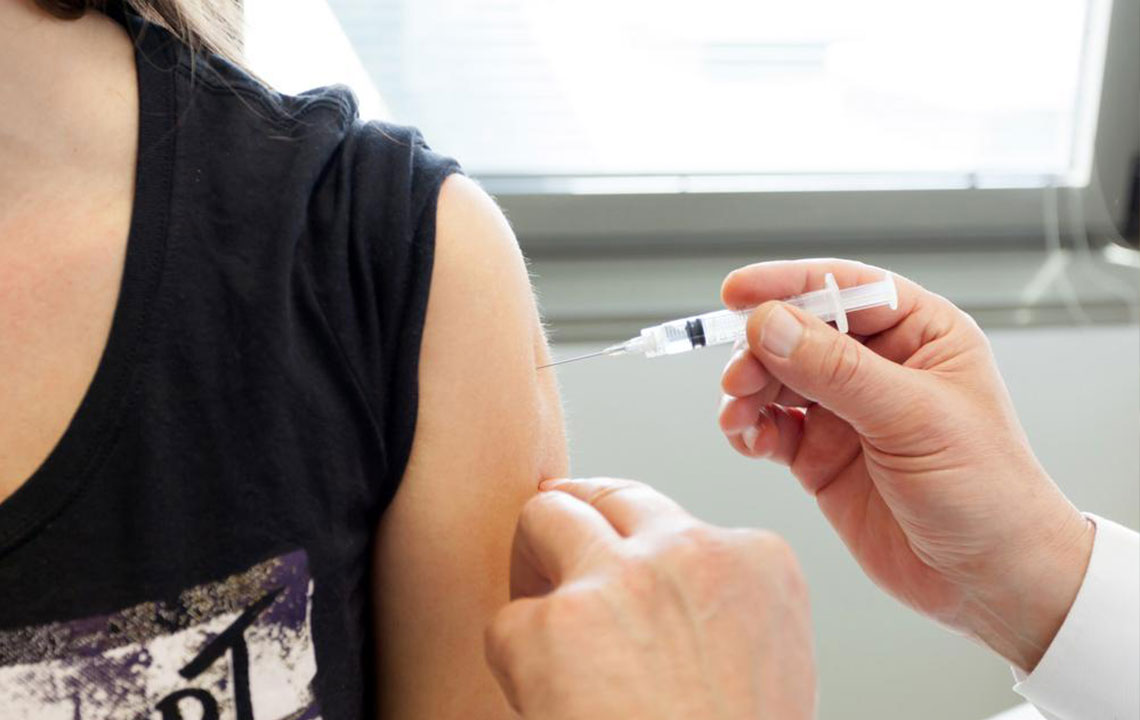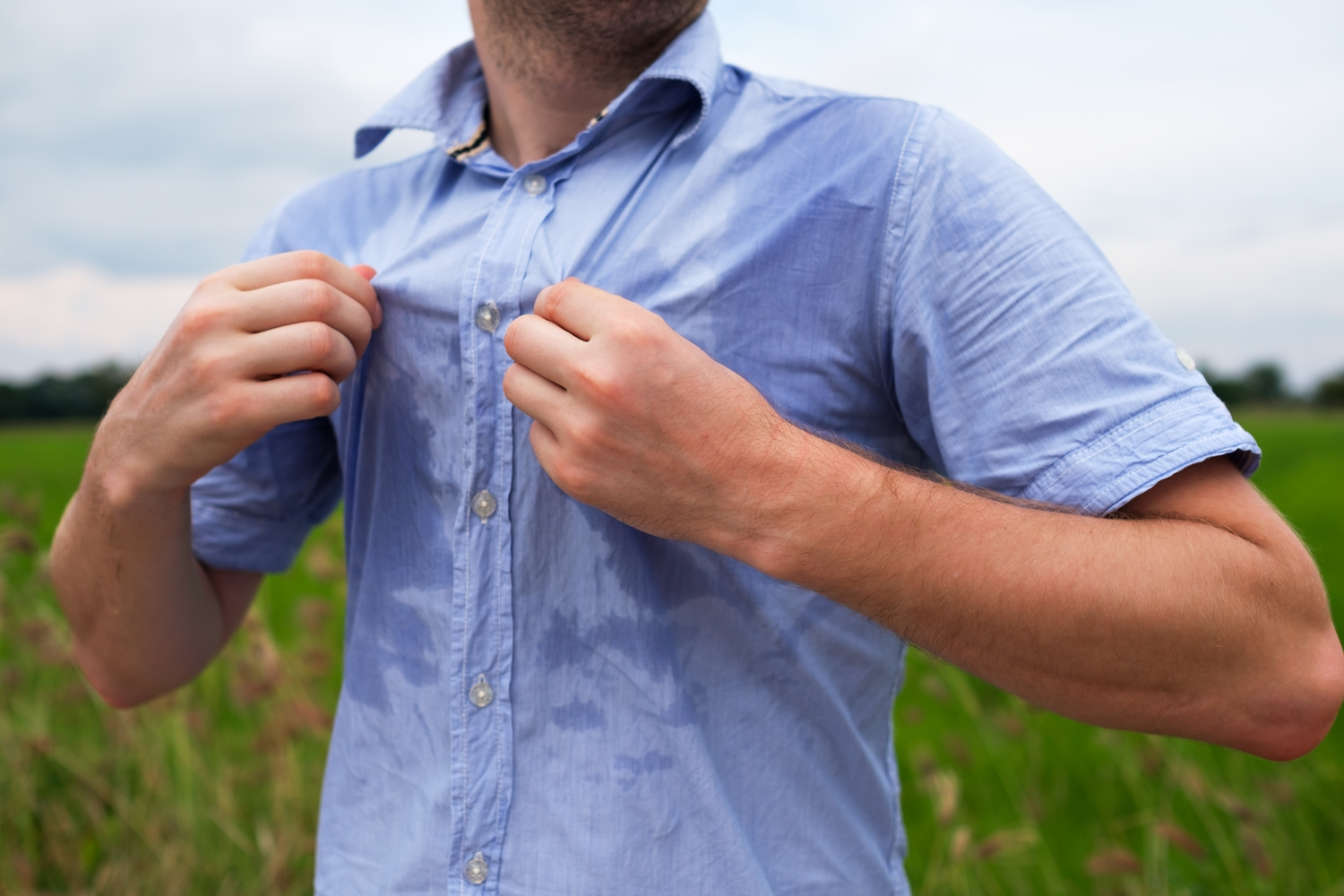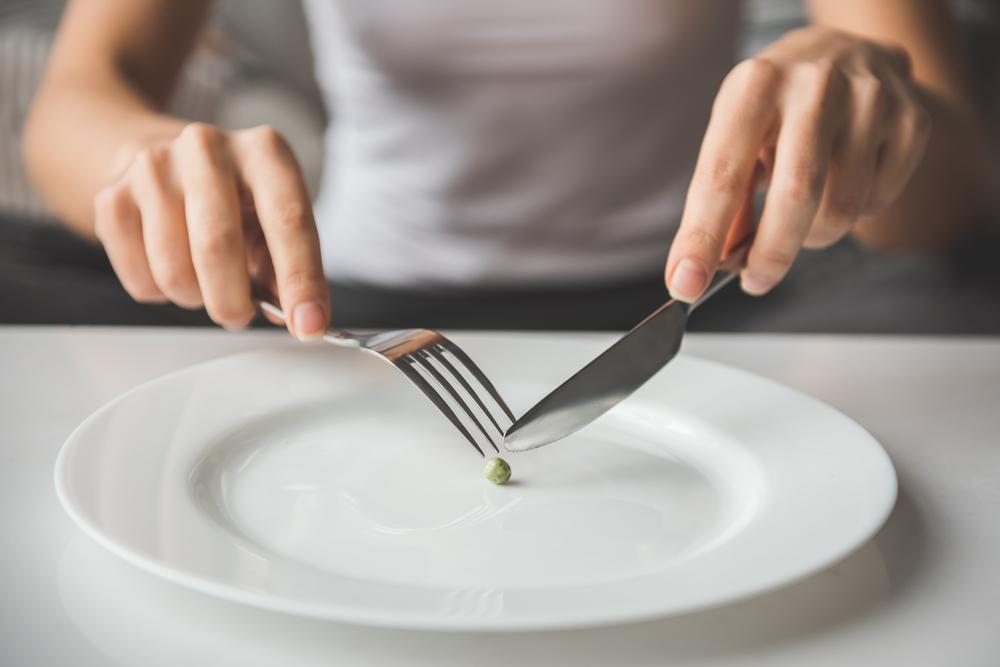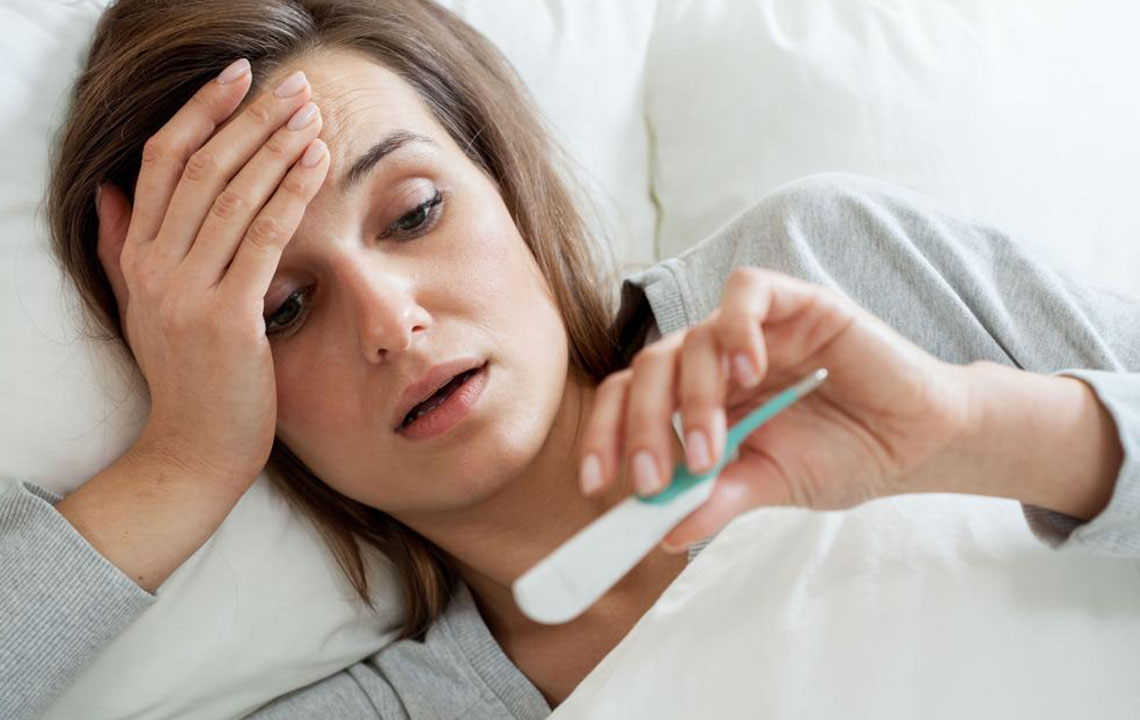Understanding External Hemorrhoids: Causes and Signs
This article discusses the causes, symptoms, and treatment options for external hemorrhoids. It highlights how increased pressure and lifestyle factors contribute to swelling around the anus, causing discomfort, itching, and bleeding. The piece emphasizes early recognition and appropriate management, including home remedies and medical interventions, to alleviate pain and prevent complications.
Sponsored
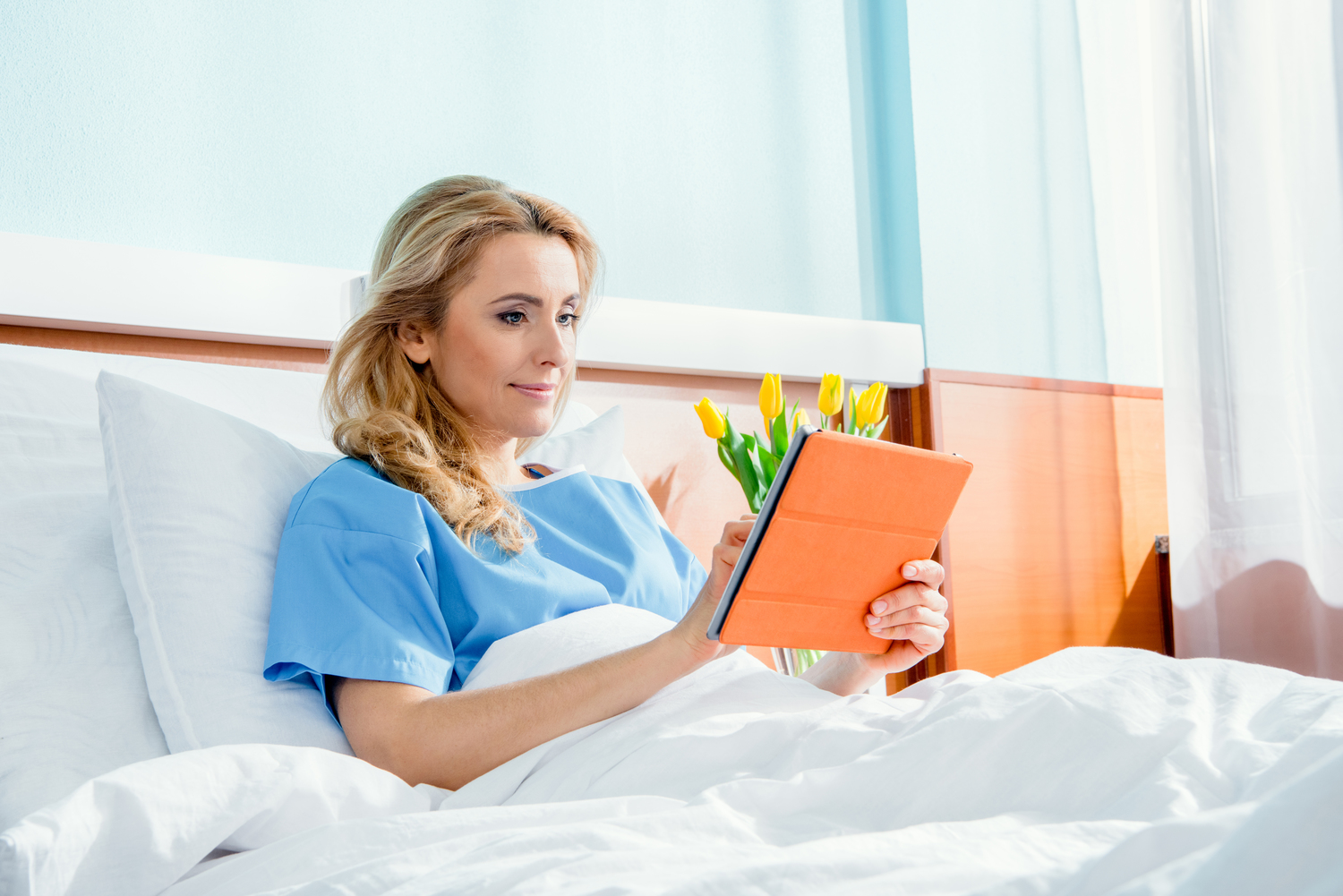
What leads to external hemorrhoids, and what are their symptoms?
Hemorrhoids, commonly called ‘Piles,’ are swollen veins located around the anus or lower rectum. Increased pressure or strain during bowel movements often causes these blood vessels to enlarge. Both men and women in middle age frequently experience this condition. Symptoms include discomfort, itching, bleeding, and pain, especially during or after bowel movements. External hemorrhoids appear on the skin around the anus and can sometimes develop blood clots, causing severe pain and swelling. Recognizing these signs early can help manage the condition effectively.
Types of Hemorrhoids
Internal Hemorrhoids – Swelling occurs inside the rectum, possibly causing painless bleeding or protrusion outside the anal opening, leading to irritation.
External Hemorrhoids – Swelling occurs around the anal skin, often resulting in pain, itching, and discomfort.
Thrombosed Hemorrhoids – Blood clots form within the swollen vessels, causing intense pain and swelling.
External Hemorrhoid Symptoms
Blood-stained stool or tissue after bowel movements.
Intense itching around the anal region.
Pain during or after defecation that can be sharp and persistent.
Soreness or swelling around the anus, sometimes protruding externally.
Hard, tender lumps near the anus indicating blood clot formation.
Causes of External Hemorrhoids
Hemorrhoids are common and result from increased pressure in the rectal veins. While the exact cause isn't fully understood, factors like straining during bowel movements, prolonged sitting, pregnancy, chronic constipation or diarrhea, obesity, low fiber intake, and genetic predisposition contribute significantly. Activities or conditions that elevate pressure on the rectal veins can lead to swelling and discomfort.
Treatment Approaches
Many cases resolve with home remedies such as dietary changes, sitz baths, and topical creams. Severe or persistent hemorrhoids may require medical intervention, including medications or surgical procedures, to effectively relieve symptoms and prevent complications. Early diagnosis and treatment can significantly improve quality of life.

